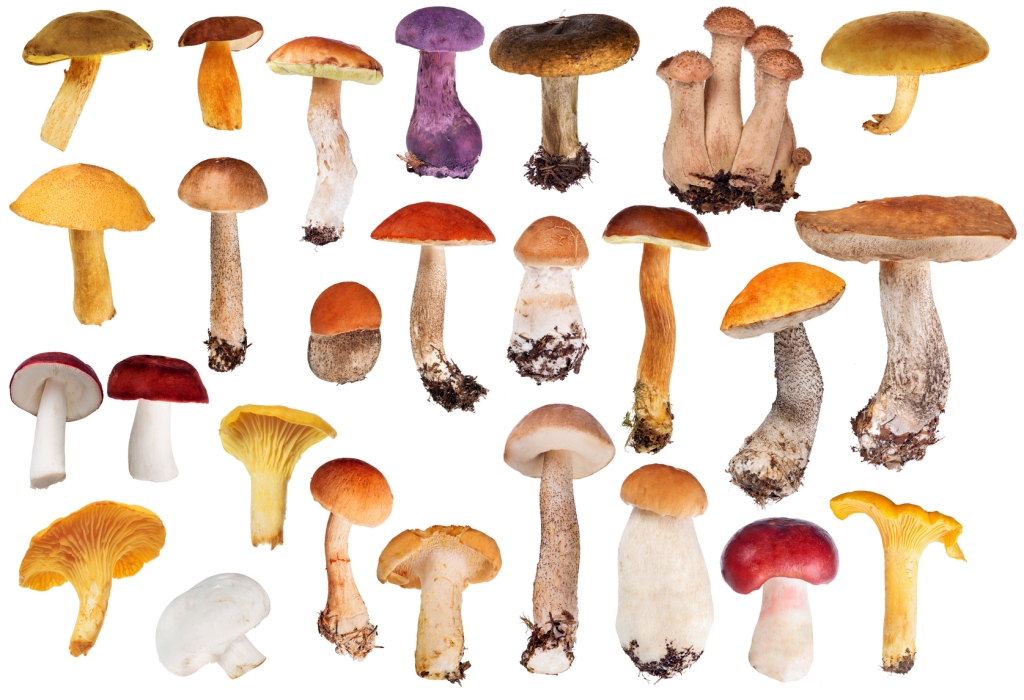Organic Methods for Pest Control in Mushroom Farming
Mushroom farming has gained popularity among rural living enthusiasts and homesteaders due to its relatively low cost and high potential for profit. However, like any other form of agriculture, mushroom cultivation is not without challenges. One of the major issues faced by mushroom farmers is pest control. Fortunately, there are several organic methods available that can effectively manage pests while maintaining a chemical-free environment.
The first step in preventing pests from infesting your mushroom farm is implementing proper hygiene practices. Regularly cleaning and disinfecting your growing area will help eliminate any potential breeding grounds for pests. Remove and destroy any infected or diseased mushrooms as they can attract insects and other harmful organisms.
Biological controls are another effective method of pest management in mushroom farming. Introducing beneficial insects to your growing space can help control populations of harmful pests naturally. For example, predatory mites feed on common mushroom pests such as mites, thrips, and small flies. Ladybugs also act as voracious predators against aphids and scale insects.
To deter unwanted visitors from invading your mushroom farm, physical barriers can be employed effectively. Installing insect-proof screens or netting around the growing area will prevent larger insects from entering while still allowing air circulation.
Another popular organic method for pest control in mushroom farming is using natural pesticides derived from plants or bacteria that have insecticidal properties. Neem oil is one such option that acts as an effective repellent against a wide range of pests including mites, aphids, and beetles.
Additionally, practicing crop rotation can significantly reduce the risk of recurring pest problems in the long run. By alternating between different areas for cultivating mushrooms each season or batch, you disrupt the life cycles of pests that may have overwintered in soil or debris.
Lastly, maintaining healthy soil conditions through composting plays a crucial role in deterring many types of pests naturally. Composting not only improves soil fertility but also introduces beneficial microorganisms that help suppress harmful pests.
In conclusion, organic pest control methods are essential for maintaining a healthy and sustainable mushroom farming operation. By implementing proper hygiene practices, utilizing biological controls, employing physical barriers, using natural pesticides, practicing crop rotation, and promoting healthy soil conditions through composting, farmers can effectively manage pest problems without resorting to chemical interventions. These methods not only protect the environment but also contribute to the production of safe and high-quality mushrooms for consumers who prioritize organic products.


Leave a comment